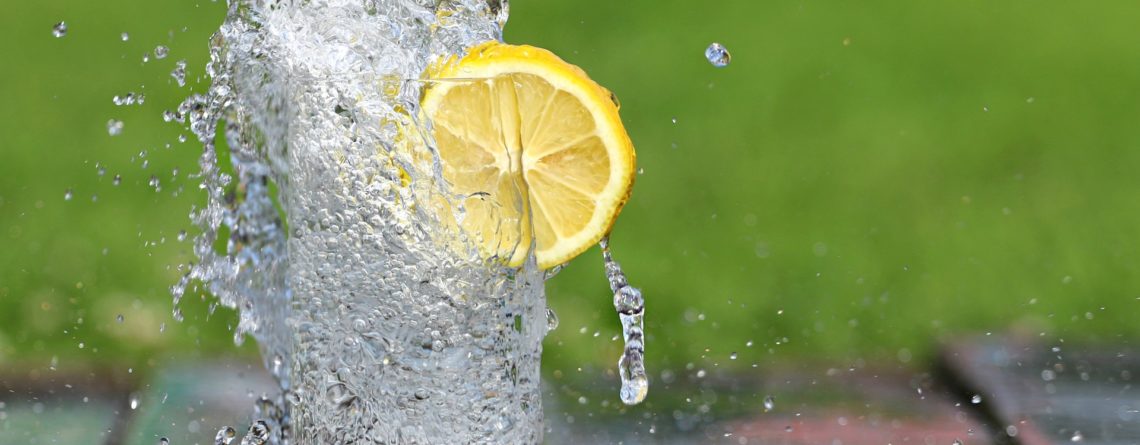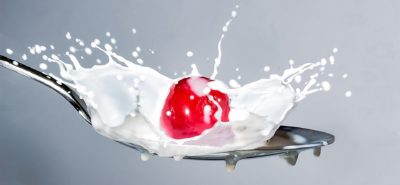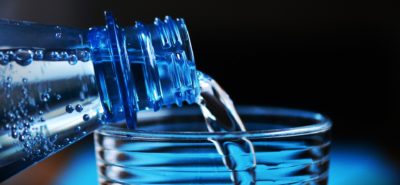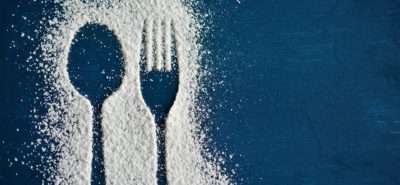Importance of Keeping Hydrated with Water
Many health practitioners emphasize drinking water, as it keeps the body hydrated and functioning. The basic rule to keeping hydrated is to consume 8 glasses (eight-ounce a glass) in a day, which is about 2 liters. However, water intake should be more than 8 glasses per day especially for people who lose more sweat than usual, it could be due to weather, exercising, or genetics. Some scientists suggest that men should drink more water than women as their body produces more sweat, but pregnant and breastfeeding women have different water needs and must consume more than usual eight glasses.
Benefits of Drinking Water (Keeping Hydrated)
Your body is about 60% water and to keep up with that level it is essential to consume an adequate amount. The results of dehydration can be severe. It can cause fatigue, kidney stones, tiredness and in some cases, it can be fatal. Water provides support to the human body in multiple ways. For example, it helps flush out the waste through urine, it also helps in normalizing the body temperature, and acts as a layer for almost all the organs. Dehydration should be avoided at any cost. It damages the body and slows down the human mind.
Besides keeping hydrated, water has the following benefits as well:
- It helps in maintaining blood pressure.
- It enhances skin health and beauty.
- It prevents constipation as adequate intake helps the digestive system to work properly.
- It also improves overall body performance.
- It also helps in forming saliva and mucus. Saliva is important in food digestion.
- The nutrients and minerals of the human body are accessible to all parts of the body once they are dissolved.
Side Effects of Drinking too much Water
However, there are always pros and cons of every action; drinking too much can have some side effects as well. First and foremost, when the intake increases, it decreases the salt levels as it dilutes with water and results in water intoxication. Dehydration can be lethal and at the same time, overhydration can also be fatal. The human body has certain levels of electrolytes and the level can go out of balance if too much is consumed. The condition is known as hyponatremia and it is fatal.
The symptoms of hyponatremia can be divided into two parts:
- Early symptoms: when too much is consumed, it can cause psychosis, confusion in the human mind, nausea, vomiting and disorientation.
- Later symptoms: if the early symptoms are not treated in time, it can lead to seizures, coma and fatality.
Normally kidneys perform the function of excreting excess water; however, some people develop electrolyte imbalance due to excess consumption, which results in overhydration. Although overhydration is very rare, still it exists. Therefore, people need to be careful when drinking too much water as it is not always healthy. The salts of the body should not be diluted to an extent that it makes a person dizzy.
Signs of Excess Water Consumption
The following signs indicate excess consumption of water:
- People who always carry a water bottle with them at all times to keep hydrated, maybe drinking too much unknowingly. Drinking it all the time can swell up the cells in the body which leads to water intoxication.
- Consuming even when not feeling thirsty is another sign of excess consumption. The human body gives signals to the brain when water levels go down and the feeling of thirst develops. Consuming without feeling thirsty can lead to overhydration.
- Having a mindset of drinking water until they pass clear urine. Normally the range for standard urine pigmentation is straw color to transparent yellow.
- Disturbed sleep may be caused by excess consumption of water before sleeping. Normal urination during a day may be between six to eight times however if during nighttime urination time increases then it may because of excess consumption. Disturbed sleep can cause fatigue, alter moods and sometimes decrease focus.
- Sometimes overconsumption of water causes nausea and vomiting as the kidneys become unable to clear off the surplus liquid and it starts to accumulate in the body.
- Another sign of overconsumption of water is headaches. When too much is consumed, the size of the brain starts to grow and presses against the skull which can cause severe headaches. Headaches can be experienced in both situations when the body lacks or has an excess amount of water.
- Hyponatremia causes skin discoloration. When your body is experiencing overhydration, all the cells start to swell up and it also swells up the skin, resulting in discoloration. If your intake is more than 10 glasses a day and there is visible discoloration along with swelling, then it is a sign of overhydration and should be addressed immediately. Excess water also leads to weight gain. It can be very unhealthy for a person to gain extra weight and carry excess water in the body.
- Having a balanced diet and good intake is important, anything in excess can cause serious damages to one’s body. Similarly, overconsumption of water reduces the body’s electrolyte level which may cause weakness and sometimes cramps.
It is important to find a balance between overconsumption and under consumption. As mentioned earlier, since the body is made up of 60% of water, keeping hydrated is an important factor for good health. It is necessary to know the signs and respond according to what your body is signaling. If not thirsty don’t drink the excess liquid. The best indicator of hydration is urine color and observing this is very important as the body is intelligent enough to give signals of over and under hydration. Also, it important to consult a physician or doctor, if there are continual headaches, nausea, vomiting, cramps, weakness and lack of concentration, as it might be related to overhydration.














